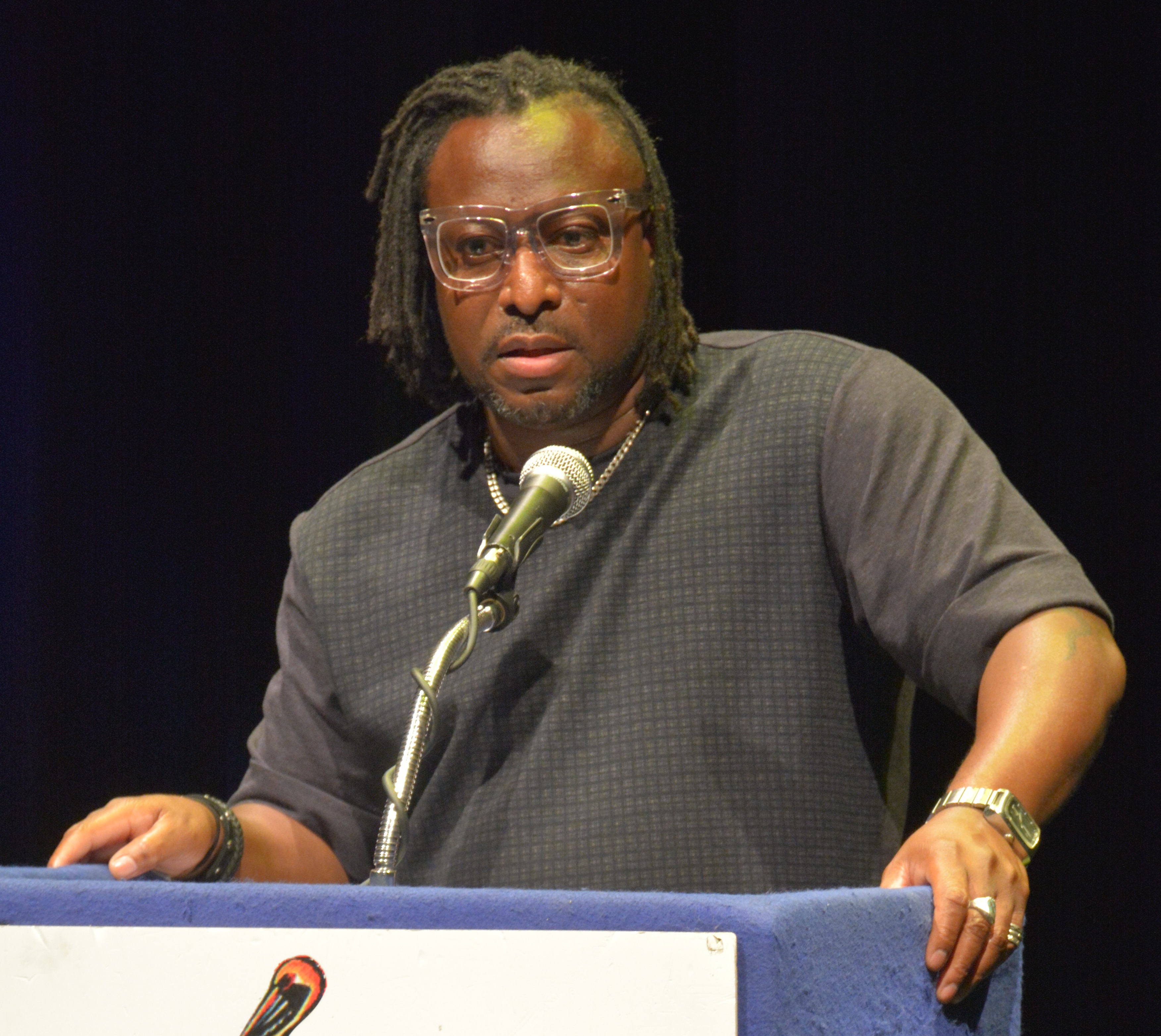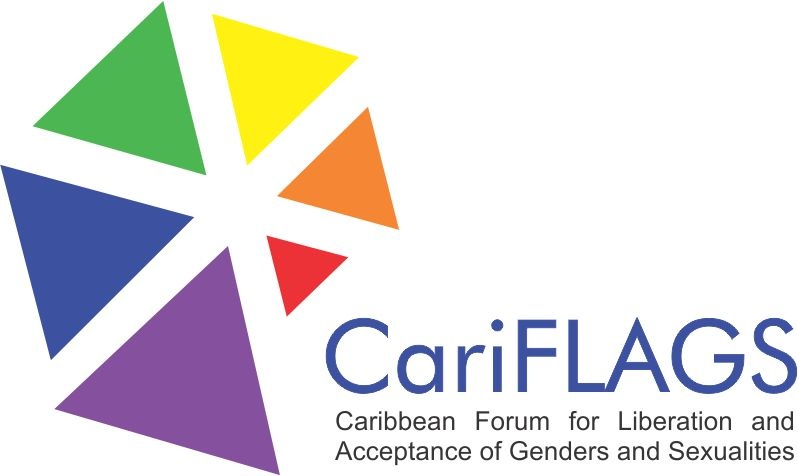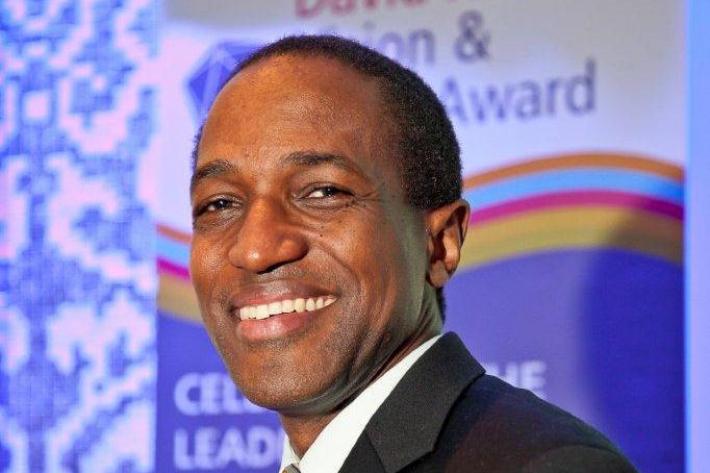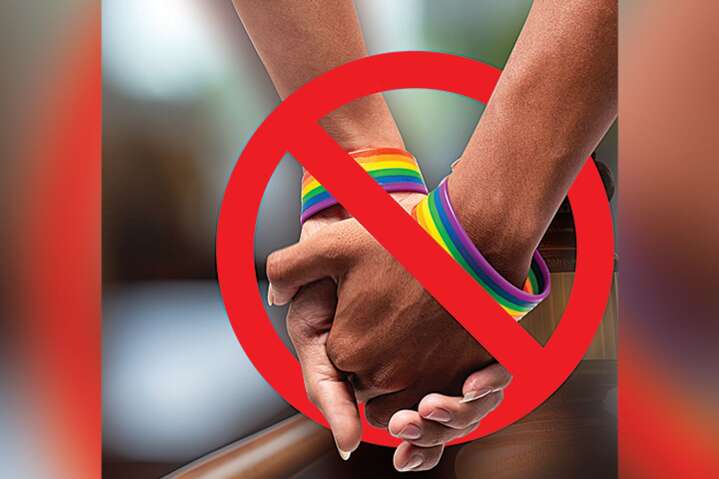A Barbadian civil liberties activist and Canadian university professor is suggesting that “gay-friendly” legislation will soon have to be added to the statute books in Barbados and other Caribbean countries.
Delivering the annual Dame Nita Barrow Memorial Lecture at the Errol Barrow Centre for Creative Imagination Thursday night, University of Toronto Associate Professor Dr Rinaldo Walcott acknowledged that “tension” currently exists between Christians and the Lesbian Gay Bisexual and Transgender (LGBT) community on the island.
However, he suggested that due to economic considerations and the growing assertiveness of sexual minorities in Barbados, the domestic laws would soon be changed with a view to safeguarding gay rights.
Just last month, the Christian youth groups Hannah’s Mission and Youth For Christ Barbados staged a march through the capital, Bridgetown, sporting rainbows in a protest to what they deemed declining morals and values on the island.
At the same time LGBTs staged a counter-march on October 28 in Independence Square to lay claim to the rainbow as an international gay symbol.
A standoff resulted. However, the protests ended peacefully with both sides sharing the same platform.
Reacting to this development, Walcott said “the assertion by the Barbadian LGBT community, and its claim to the rainbow follows a very particular global gay identity.
“Their insistence on offering a response by showing up in Independence Square points to the contested nature of what citizenship should and could mean,” said Walcott, who teaches at the Ontario Institute for Studies in Education and is also the 2002 to 2007 holder of Canada Research Chair of Social Justice and Cultural Studies.
While describing the local reaction to gays as varied, he pointed out that “questions of class, perceptions of belonging and a range of social factors indicators, all condition how some queens [members of the LGBT community] might be acknowledged in Barbados, making the experience not a singular one for all of them”.
Walcott also suggested that the experience was similar across the Caribbean while projecting that all of the region’s tourism dependent territories were likely to adopt more gay-friendly legislation in the near future “as [members of the LGBT community] begin to think about making visits to the region as their status is normalized in Canada and elsewhere.
“The question of citizenship will increasingly bear down heavily on the nature of the rainbow wars making the stakes of governmental action, or inaction, necessary,” he said, adding that “one will argue that Caribbean governments will soon have no choice but to embed in legislation the necessary rights for trans, gender non-conforming people and queer people.” (Barbados TODAY)




